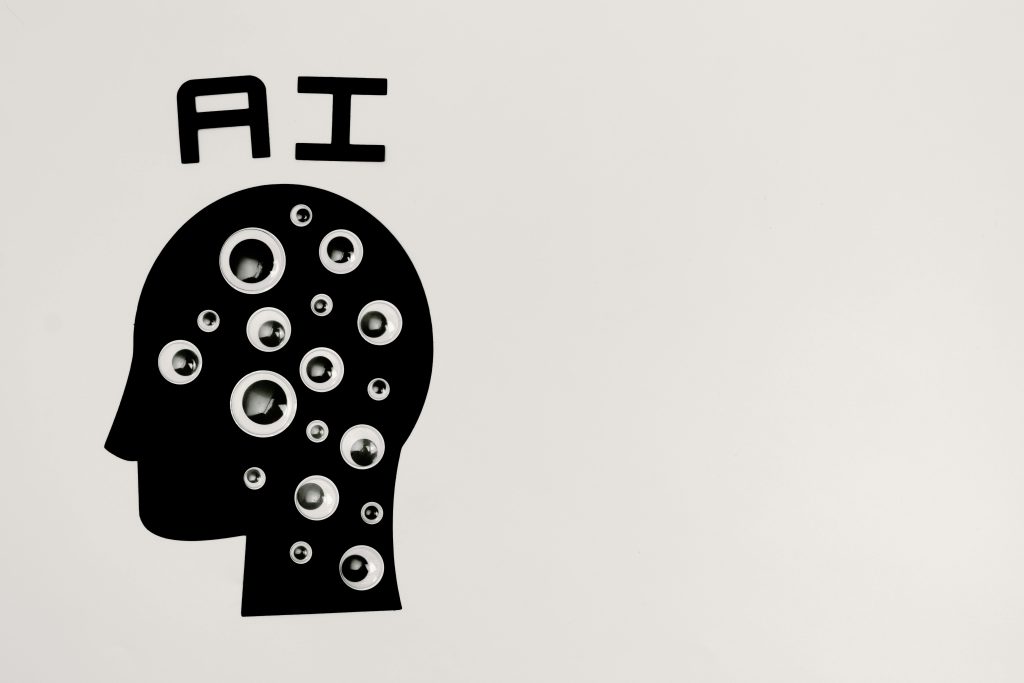Artificial Intelligence
AI is no longer just a concept from science fiction—it’s shaping our everyday lives. From smart assistants like Alexa and Siri to self-driving cars and advanced cybersecurity, AI is revolutionizing industries and creating endless opportunities for businesses and professionals

Introduction
Artificial Intelligence (AI) is transforming the world at an incredible pace. From voice assistants like Alexa and Siri to self-driving cars and smart medical diagnoses, AI is becoming an essential part of our daily lives. But what exactly is AI, and how is it shaping the future of technology? In this blog, we will explore the impact of AI on different industries, its benefits, challenges, and what the future holds for this revolutionary technology.
What is Artificial Intelligence (AI)?
AI refers to computer systems that can perform tasks that typically require human intelligence. These tasks include learning, reasoning, problem-solving, and decision-making. AI uses algorithms and large amounts of data to recognize patterns, make predictions, and improve its performance over time.
There are two main types of AI:
Narrow AI (Weak AI) – AI designed for a specific task, such as facial recognition or language translation.
General AI (Strong AI) – AI with human-like cognitive abilities that can perform a wide range of tasks (currently, this is still theoretical).
The Role of AI in Different Industries
AI is revolutionizing almost every sector, making processes more efficient and intelligent. Let’s take a closer look at how AI is changing various industries:
1. Healthcare
AI is transforming healthcare by improving diagnoses, patient care, and medical research.
AI-powered algorithms can detect diseases like cancer at an early stage with high accuracy.
Virtual health assistants provide personalized health recommendations.
Robotics-assisted surgeries improve precision and reduce recovery time.
2. Education
AI is reshaping education by making learning more personalized and interactive.
AI-powered chatbots help students with queries 24/7.
Smart tutors analyze student performance and offer customized learning paths.
AI can automate administrative tasks like grading assignments.
3. Finance
AI is helping financial institutions make better decisions and detect fraud.
AI algorithms predict stock market trends for better investment decisions.
Fraud detection systems identify unusual transactions and prevent cyber threats.
AI-powered chatbots provide instant customer support.
4. Retail & E-commerce
AI is revolutionizing shopping experiences.
Personalized recommendations help customers find products based on past purchases.
AI-powered virtual assistants enhance customer service.
AI in supply chain management ensures efficient inventory control.
5. Automotive Industry
AI is paving the way for self-driving cars and smart transportation.
Autonomous vehicles use AI to detect objects, make decisions, and drive safely.
AI optimizes traffic flow, reducing congestion in cities.
Predictive maintenance helps detect potential vehicle failures before they happen.
6. Entertainment
AI is enhancing entertainment experiences in various ways.
Streaming platforms like Netflix and Spotify use AI to recommend content.
AI-generated music and art create unique experiences.
Deepfake technology is being used for movie and game production.
7. Manufacturing
AI is improving efficiency and reducing costs in manufacturing.
AI-driven robots automate repetitive tasks with high precision.
Predictive maintenance reduces machine downtime and saves costs.
AI-powered quality control detects defects in products instantly.
8. Cybersecurity
AI plays a crucial role in strengthening cybersecurity measures.
AI detects and prevents cyber threats in real-time.
AI-powered authentication systems enhance security.
AI automates responses to security breaches, reducing human intervention.
Benefits of AI
AI offers numerous benefits that make technology smarter and more efficient:
✅ Increased Efficiency – AI automates repetitive tasks, saving time and resources. ✅ Better Decision-Making – AI analyzes vast amounts of data to provide accurate insights. ✅ Personalization – AI tailors experiences based on user preferences. ✅ Cost Reduction – AI reduces operational costs by automating processes. ✅ Improved Accuracy – AI eliminates human errors and enhances precision.
Challenges of AI
Despite its benefits, AI also comes with challenges:
⚠️ Job Displacement – AI automation may replace certain jobs, leading to unemployment. ⚠️ Bias in AI Algorithms – AI systems can develop biases if trained on biased data. ⚠️ Privacy Concerns – AI collects large amounts of data, raising privacy issues. ⚠️ Security Risks – AI-powered cyberattacks can be more sophisticated and difficult to prevent. ⚠️ High Development Costs – AI research and implementation require significant investment.
The Future of AI
The future of AI looks promising, with continuous advancements in technology. Here are some exciting trends to watch for:
🔹 AI in Healthcare – AI will play a larger role in precision medicine, drug discovery, and telemedicine. 🔹 Smarter AI Assistants – AI-powered virtual assistants will become even more human-like. 🔹 AI in Space Exploration – AI will assist in space missions and planetary explorations. 🔹 Ethical AI Development – More focus on reducing AI bias and ensuring responsible AI use. 🔹 AI & Quantum Computing – Quantum AI will revolutionize computing power, solving complex problems faster than ever.
Conclusion
Artificial Intelligence is undoubtedly powering the future of technology. It is making industries more efficient, enhancing human experiences, and driving innovation. However, with great power comes great responsibility. As AI continues to evolve, it is essential to develop ethical guidelines and ensure that AI benefits everyone.
Whether you are a business owner, student, or tech enthusiast, understanding AI and its applications can help you stay ahead in this rapidly changing world. The future is AI-powered, and it is just the beginning!
